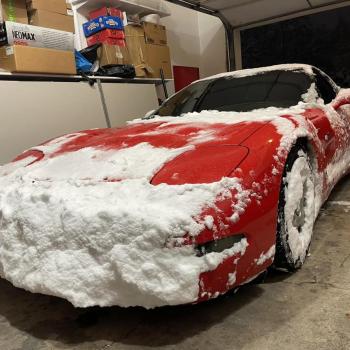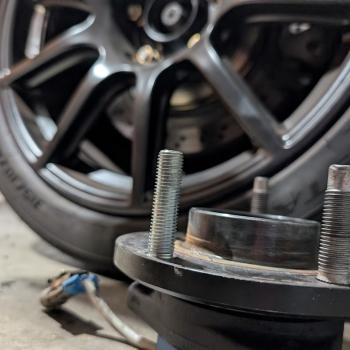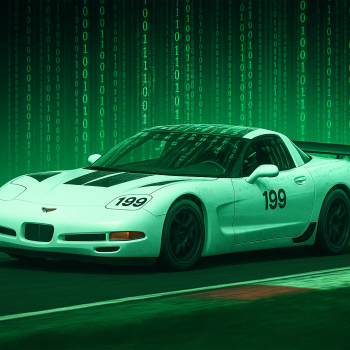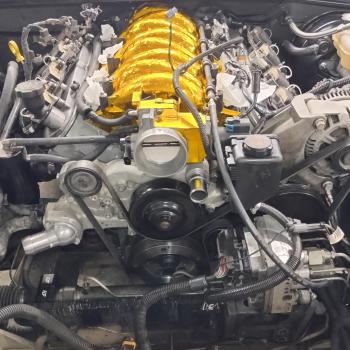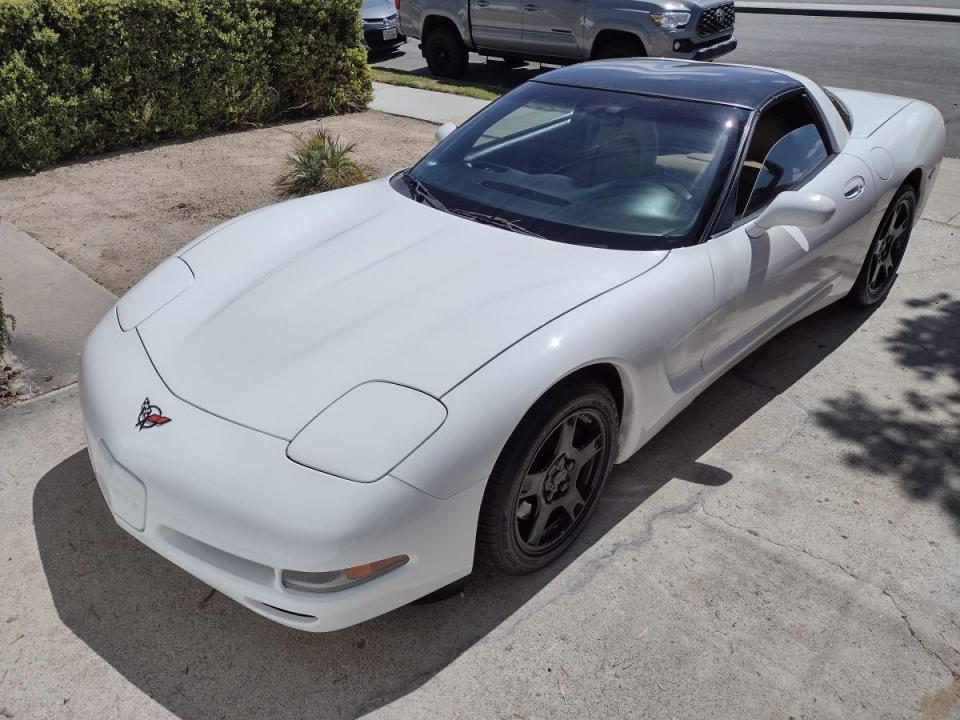
So you're looking at buying a C5 Corvette, or just bought a C5 Corvette. What did or are you going to get yourself into? Well, we're here to share some good news, and then a few things to be aware of. The C5 Corvette is a VERY robustly built car... but there were some problems with certain years of the car, some model years being superior, and as time has gone on some parts have fallen out of production. Here's some information about all the model years to consider, along with some general advice and recommendations.
What Years of C5 Corvette are the Best?
So there were a bunch of changes throughout the years of C5 Corvette production, along with certain production parts have gone out of production for early years but are still currently available for later model years. The short answer to this question though is that the 2001 and beyond C5 Corvettes are the preferred corvette to purchase.
The largest reasoning behind going with the 2001+ C5 Corvette is that the ABS and traction control units (EBCM) can and do fail on the early model Corvettes, and there is simply no reasonable fix for them short of removing them and reinstalling a 2001+ brake system into the car or installing a Bosch ABS controller. While both of these are solid fixes if not upgrades, you're looking at spending at least $1000 if you do it yourself, $2000 at a shop, and $5-6k if you go with the Bosch setup.
There are additional reasons to go with the 2001 and beyond models. The 2001 model year is when the Z06 was introduced, which produces notably more power through it's upgraded heads, cam and intake. We'll talk more about the Z06 vs the base model here in a bit, but there are also other mild improvements made along the way that can make your life easier long term. One example is that in the transmissions the blocker rings on the synchros were upgraded from a paper material to carbon. Most folks with Corvettes get the best possible transmission fluid when servicing their transmission, which if using synthetic transmission fluid will actually cause these blockers to fail sooner than later. Thus, older Corvettes can and do have transmission issues that newer models do not.
Now are the pre 2001 Corvette's to be avoided. Absolutely not. There are plenty of them out there on the roads doing their thing and shredding race tracks, drift events and other events all around the country. You just need to be aware that problems can and does exist and will eventually become an issue for you if you drive the car aggressively.
There are other pro/con differences with the pre 2001 model Corvettes as well. The 1997 Model had it's ABS unit in the rear, which improves brake balance but makes removing the transmission and differential that much more of a headache. Other units had a smaller fuel injector, like the 1999 Corvette with it's 26lb injector and will likely need to be replaced as part of any upgrade to the cams and/or heads.
Ultimately though, nearly any Corvette is a safe bet. The vast majority of Corvette owners at most occasionally give it the beans on an on-ramp or two and stay well below the cars peak capabilities. The usage of these cars by their average owner is so far below their capabilities that most of them can have as many as 200k miles and still be in exceptionally good mechanical shape.
Should I get the Z06, Base Model, or Fixed Roof Coupe?
This is likely one of the most common questions out there. Aesthetics aside, there are a few reasons why a person may choose one model over another.
The most common mentality and statement folks say is "You're going to replace nearly everything on the Z06 anyways, it isn't worth the price difference" and this isn't entirely wrong. The Z06 comes with a lot of upgrades you will likely throw away, such as the upgraded suspension.
The Z06 springs and shocks and sway bars are all a nice upgrade over stock, but they still aren't up to the full potential of the car... so if tracking is your goal, it's not worth the premium. However for street use, the Z06 parts are all you'll likely ever reasonably need.
The Z06 also comes with an upgraded intake manifold and heads. If power is your goal... you'll be upgrading your base model to at least the same heads and intake manifold as the Z06. That said, these can be acquired for under $1000 with a bit of patience, and rea reasonable enough to install as part of a cam upgrade on your motor... so is it worth the extra price tag?
The wheels and tires are also an upgrade on the Z06, and are definitely all a street going car will ever need. However, for track and autocross use where you'll upgrade the brakes and wheels anyways... the Z06 wheels just aren't worth it. Sure, you can find an additional set of Z06 rear wheels and chuck them on your car to have 18x10.5" squared wheels, but good luck finding just a set of rear wheels, and good luck finding them at a reasonable price. Everybody selling wheels wants the value of the wheels and the tires on them, and rarely are the tires what a performance oriented driver after. Thus most used Z06 wheelsets cost only a few hundred dollars less than going to a nice set of 18x11 wheels.
One major advantage of the base model to consider... is that the rear hatchback is actually more aerodynamic and has less drag. Some folks say it produces 12% less drag than the Z06 or fixed roof coupe. If your ultimate goal is to go fast and change every part out anyways... why not go with the car that has less drag?
In the end, you'll need to do some thinking and some math on just what you intend to do with your car. The choice to go with a Z06 might make a lot of sense for your use case, or if you're going to upgrade everything anyways it's often $4-6k of additional cost or parts you're largely just going to chuck anyways.

